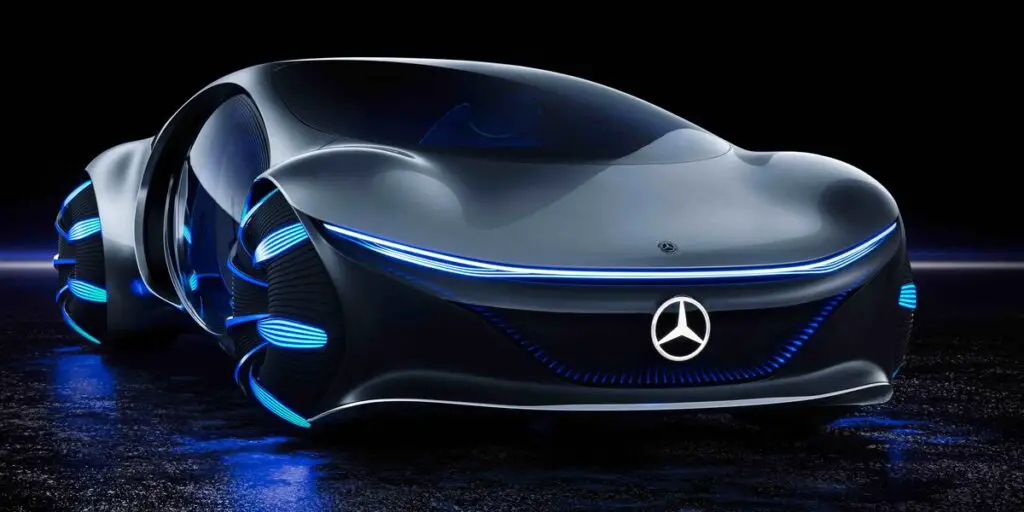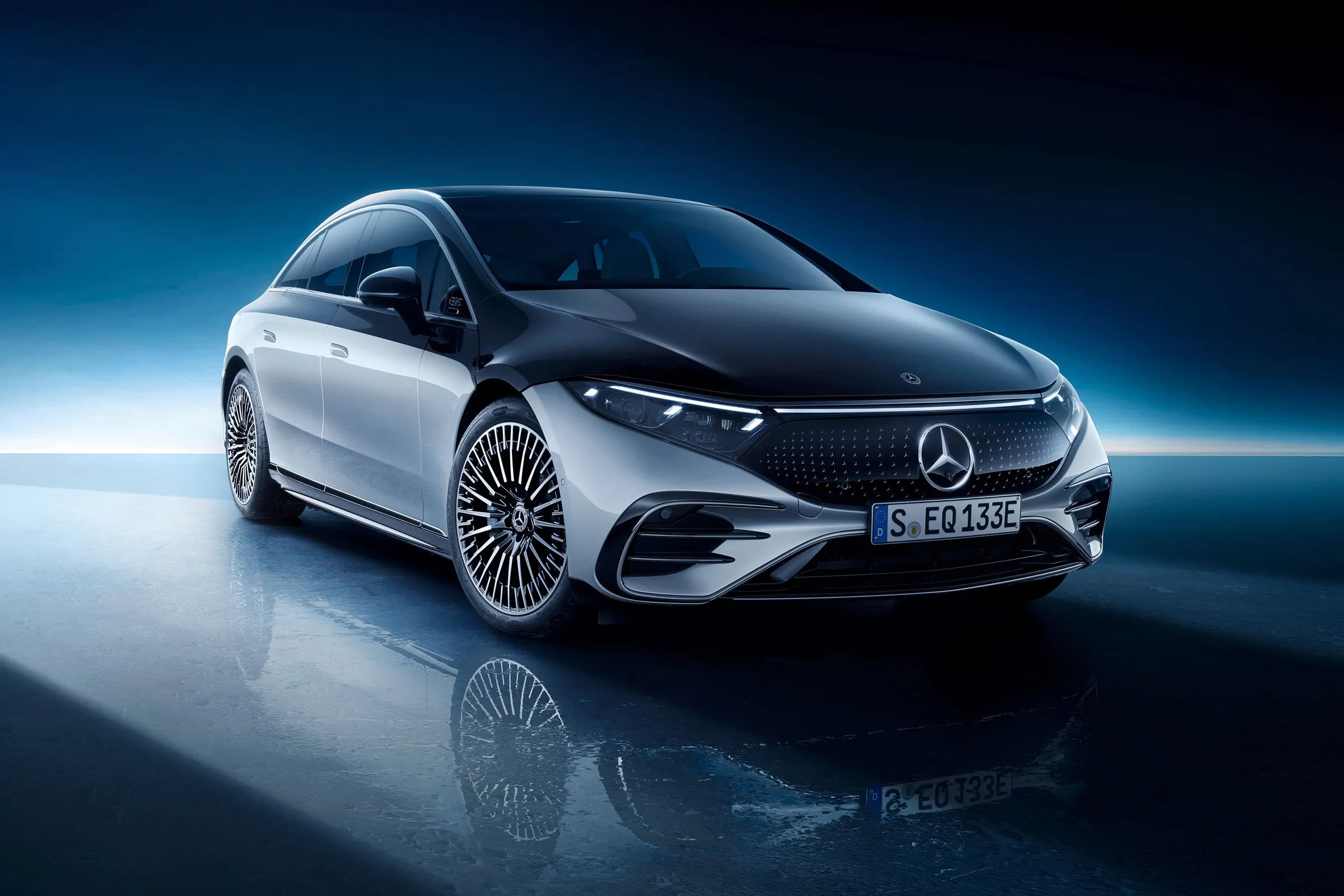In a recent statement, Mercedes-Benz, one of the world’s leading luxury car manufacturers, shed light on the challenges and intense competition within the electric car market. The German automotive giant described the current landscape as “brutal” for carmakers, especially those transitioning from traditional fuel vehicles to electric vehicles.
Table of Contents
Electric Cars: The New Frontier
The electric car revolution is in full swing. Across Europe and China, sales of electric cars are skyrocketing, signalling a paradigm shift in consumer preference. The United States, though making progress, lags behind these regions in the adoption of electric vehicles. This surge in demand and the subsequent rush to meet it has led to an influx of new electric car models in the market. However, this boom is not without its challenges.
European manufacturers, in particular, are feeling the heat. The primary reason? The onslaught of competitively priced models emerging from China. These cost-effective electric vehicles are giving traditional European brands a run for their money, forcing them to reconsider their pricing strategies and market positioning.
The Perspective of Mercedes-Benz
Harald Wilhelm, the Chief Financial Officer of Mercedes-Benz, provided insights into the company’s view of the electric car industry during an analyst call. As reported by Reuters, Wilhelm described the electric vehicle sector as “a pretty brutal space”. This sentiment stems from the observation that some car manufacturers are pricing their battery electric vehicles (BEVs) on par with their petrol counterparts. This is despite the evident higher costs associated with producing electric vehicles.
Wilhelm’s statement raises a critical question about the sustainability of such pricing models. If manufacturers continue to price electric cars similarly to petrol vehicles, despite the disparity in production costs, can they maintain profitability in the long run? Wilhelm expressed his reservations, stating, “I can hardly imagine the current status quo is fully sustainable for everybody.”

The Global Shift to Electric Vehicles
The automotive world is in the midst of a significant transformation. Established car brands are at varying stages of transitioning from petrol and diesel engines to electric vehicles. For instance, JLR, Britain’s largest car manufacturer, recently announced its plans to produce the electric version of its top-selling Land Rover Defender in Slovakia. This move, coupled with the company’s commitment to launching multiple electric Jaguar and Land Rover models in the UK, underscores the industry’s shift towards electrification.
However, it’s not just European manufacturers making waves in the electric vehicle space. Chinese carmakers, backed by substantial government subsidies, are making their presence felt on the global stage. Historically, Chinese brands struggled to export large volumes of petrol and diesel cars to Europe and the US. But the electric vehicle revolution has levelled the playing field. Brands like BYD, Nio, Xpeng, and the Chinese-owned MG are rapidly gaining market share, much to the concern of traditional European and US car manufacturers.
The electric car market is evolving at an unprecedented pace
As manufacturers like Mercedes-Benz navigate the challenges and opportunities presented by this shift, one thing is clear: the future of the automotive industry is electric. Whether it’s the intense competition, pricing challenges, or the global push towards sustainability, electric vehicles are at the forefront of automotive innovation.
While Mercedes-Benz’s concerns highlight the immediate challenges, they also underscore the importance of strategic adaptation in this new era. As the electric vehicle market continues to grow and evolve, it will be interesting to see how established brands like Mercedes-Benz position themselves to thrive in this dynamic landscape.
Frequently Asked Questions
Are other car manufacturers experiencing similar challenges in the electric vehicle market?
While Mercedes-Benz has been vocal about its concerns, other manufacturers like JLR and Volvo have their own strategies and perspectives on the electric vehicle market, with varying degrees of optimism and caution.
How is the rise of Chinese electric car brands impacting European manufacturers?
Chinese brands, backed by significant government subsidies, are rapidly gaining market share in the electric vehicle sector. This has introduced additional competition, especially for European brands, leading to increased pricing pressures and market dynamics.
What role does government subsidy play in the rise of Chinese electric car brands?
Chinese electric car manufacturers benefit from substantial government subsidies, enabling them to produce and price their vehicles competitively, thereby gaining a significant market share in regions like Europe.

